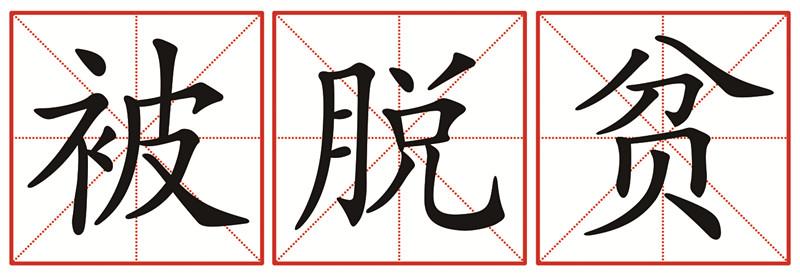Even Premier Li Keqiang has dropped the online buzzword “bei tuopin,” when speaking about countering problems in poverty elimination as he delivered the Government Working Report at the Fifth Session of the 12th National People’s Congress on March 5.
The particle “bei” turns the following verb into the passive in Chinese, and “tuopin” means “to shake off poverty,” together meaning “poverty has been shaken away” – but only in terms of its reporting. The first instance of bei tuopin was proposed by a member of the CPPCC (China’s top political advisory body) in 2011, pointing out that millions of residents in China would no longer count as poor thanks to a lowering of the poverty line. More recent examples have seen local authorities submitting fake reports to show the “good performance” of their poverty alleviation work, rather than doing any practical projects. There have also been digital bei tuopin distortions.
The cooking of the books on the way up to the center is a centuries old tradition, but from now on, assessments of poverty alleviation work and its funding are going to get stricter. Officials will be tasked with developing the economy at the local level as a way to increasing prosperity rather than simply trying to tackle poverty itself. Perhaps next year’s report will feature a new “bei + verb” structure for that.
The annual Government Work Report has become a reliable source of vocabulary either hitting the official mainstream or starting there and going viral. Last year’s “craftsman spirit” is still doing the rounds. So sensitive is the audience to neologisms and policy names coming out of the speeches, there’s always the possibility the intent of the statements will “bei forgotten.”

 Old Version
Old Version